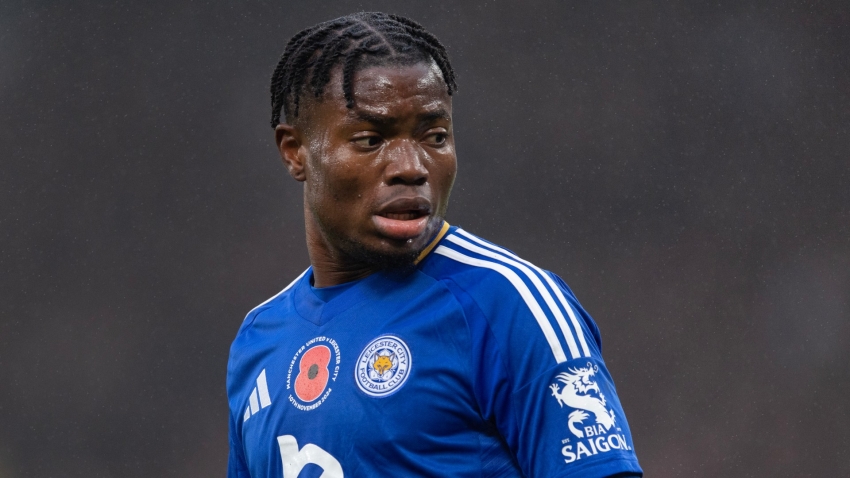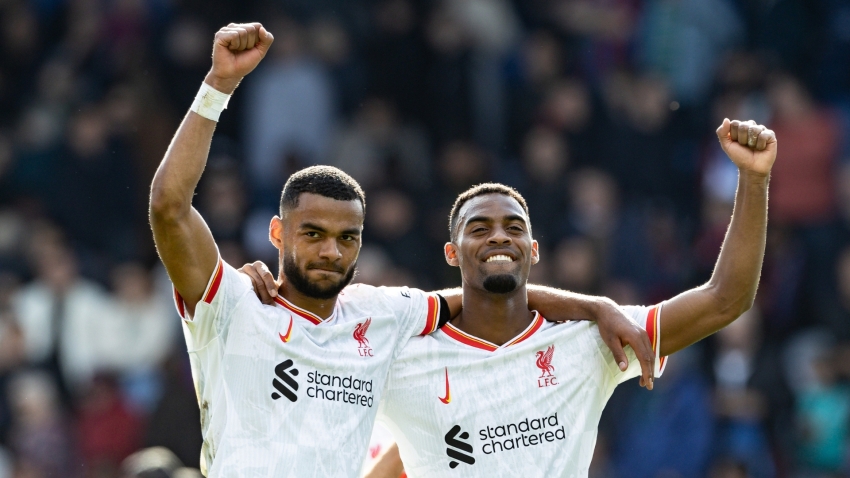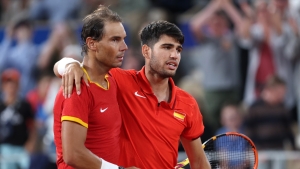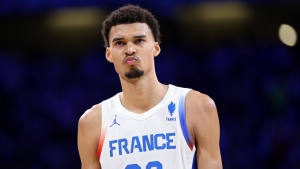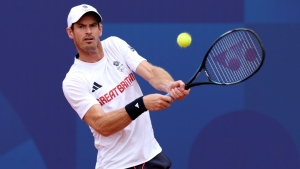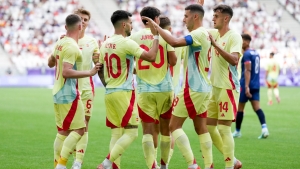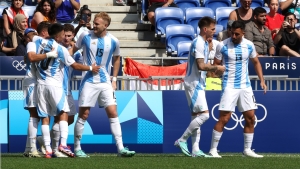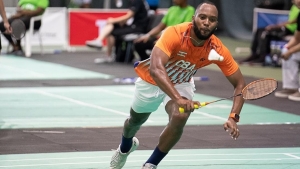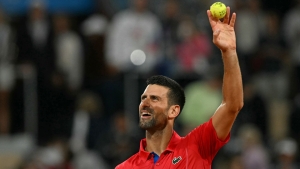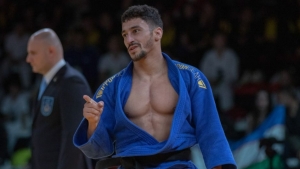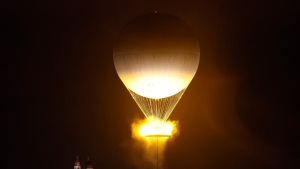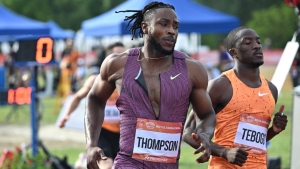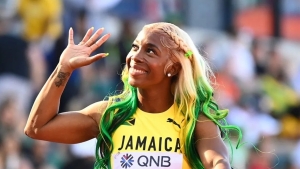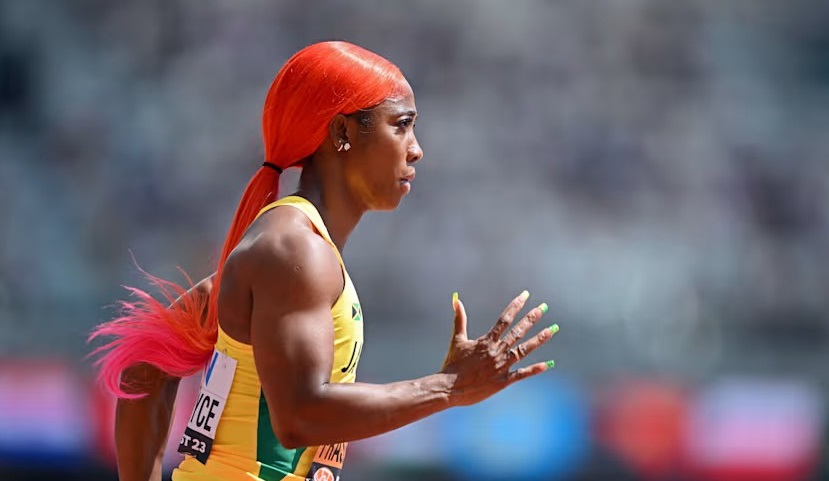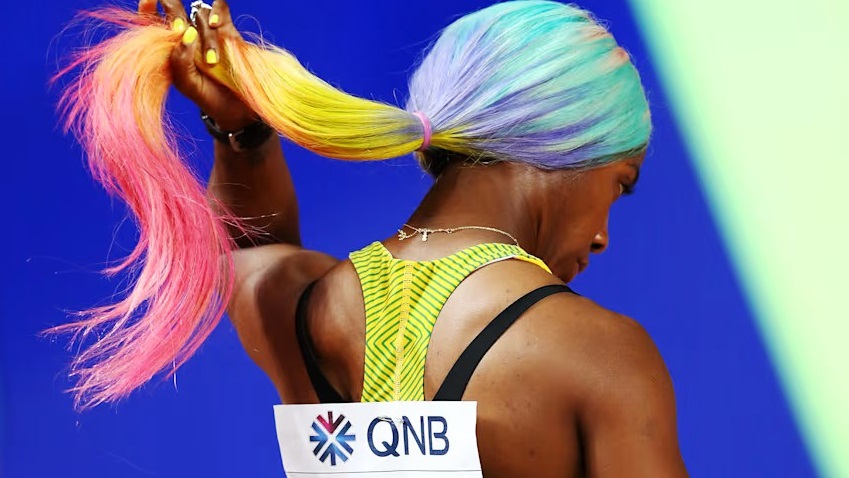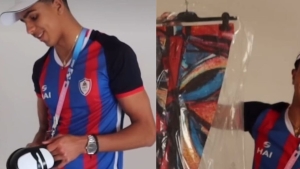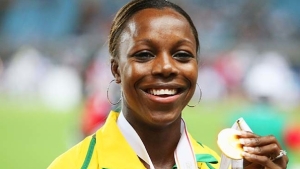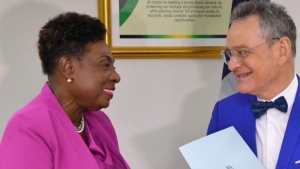![]()
Adam Peaty insists he arrives in Paris ready to "attack" a third-straight Olympic triumph in the 100m breaststroke
Peaty, who is a 16-time European Champion, won his first gold medal for Team GB in 2016, the first by a British male in 24 years, and has held the title ever since.
He became the first British swimmer ever to retain an Olympic title in Tokyo, and is eyeing a hat-trick of titles.
The 29-year-old also holds the world records in both the 50m and 100m breaststroke, yet getting to the Paris Olympics was far from straightforward.
From 2014 to 2022, Peaty was unstoppable, breaking the 100m record on five occasions while also claiming several world, European and Commonwealth titles.
But with the world at his feet, things came crashing down. In fact, was it not for this Olympics, he may never have returned to the pool.
“If it wasn’t for the Olympics I don’t think I’d be still swimming,” Peaty told Eurosport. “I’m going to attack for this title, not defend.
“I think I’ve cracked the code of balance, but also being able to train really hard for very long periods of time, knowing when I burn out or I’m pushing too hard, and listening to my team at the same time.
“So I think this is my favourite time to train but I also had to take three or four months off from the sport completely because I burned out.
“It cost me that kind of training period, but without that I would have just done the same old stuff and probably wouldn’t have even made it to the Olympics or the Olympic qualifiers, because I’d have completely burned out from the sport.
“People see the end result, they’ll see you race or compete at the end of the day, but they won’t see the years and years and years of hard mornings, hard evenings, thousands of metres, gym sessions in the freezing cold.
“People don’t see that stuff, they only see the 1%, if that. It’s 0.1%.”
But in Peaty's absence, a new force has taken the pool by storm, with China’s Qin Haiyang establishing himself as the dominant force.
Haiyang won the 50m, 100m and 200m breaststroke at the 2023 World Championships, becoming the second-fastest man in 100m history behind Peaty.
Peaty returned to claim bronze at the World Championships this year and then won the British trials in April in a time of 57.94s.
“I’ve been given a gift that I put myself in extreme pain for a very long time and quite enjoy it,” he continued. “Not many people can do that.
“I enjoy the hard work because it keeps me busy. It has to be hard all the time.
“That’s the most powerful thing. You don’t do it for the Olympic glory, you don’t do it for the medals, you do it to recognise the gift that you’ve been given.
“If I know I’ve worked the hardest and I get to the start line at the Olympics and I couldn’t have done anything more that gives me peace, because win or lose you’ll be happy because you’ve enjoyed the journey.”










